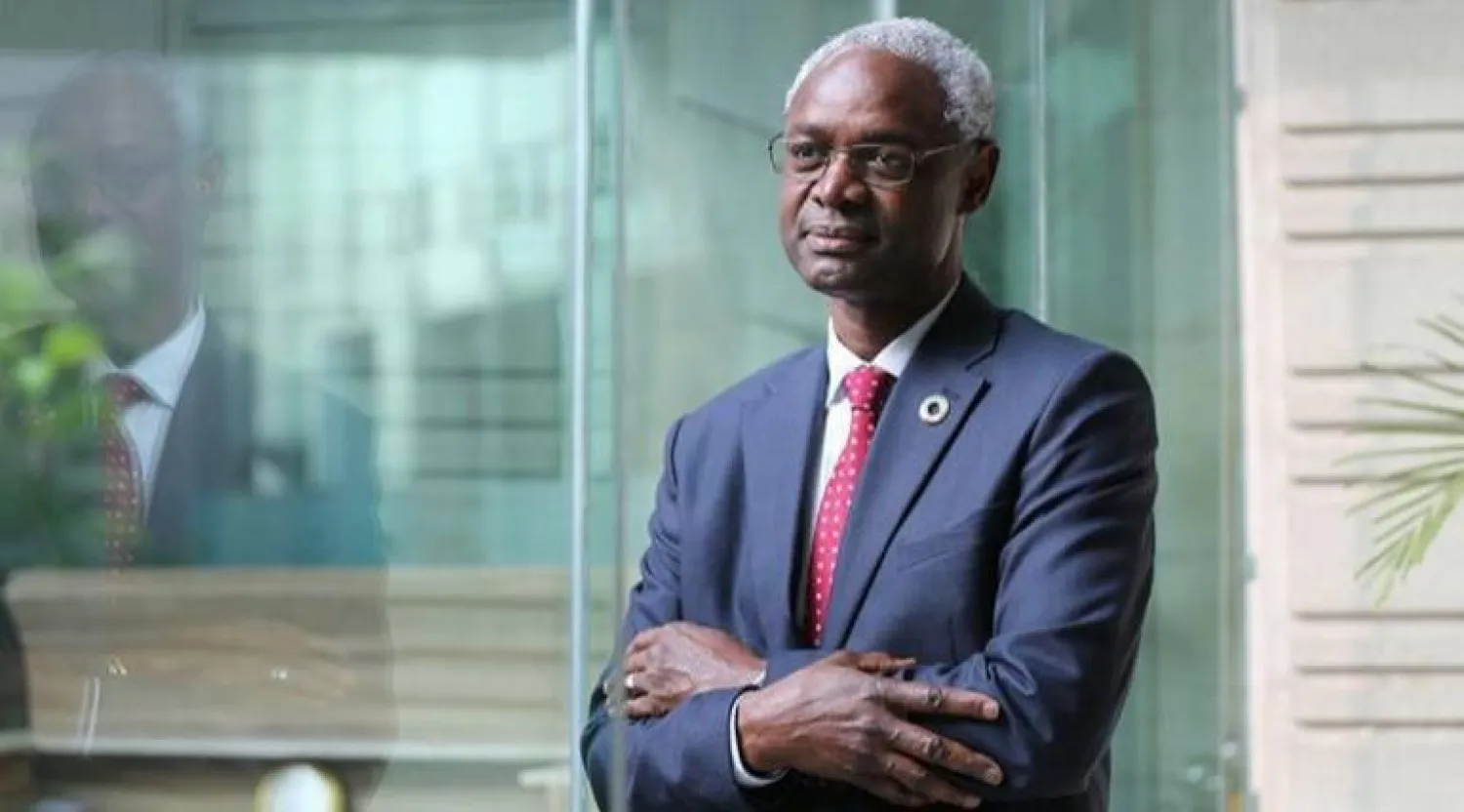With the 16th Conference of the Parties to the United Nations Convention to Combat Desertification (COP16) set to take place in Riyadh in early December, the world is focusing on solutions to one of the planet’s most urgent environmental challenges.
Ibrahim Thiaw, Executive Secretary of the convention, told Asharq Al-Awsat that the global economic cost of desertification is estimated at $878 billion annually. He emphasized that increased investment is essential to restore degraded lands and address this pressing issue effectively.
COP16 will gather global leaders and policymakers to explore strategies for combating drought and advancing green initiatives both regionally and globally. Thiaw highlighted the critical funding gap in combating desertification. From 2025 to 2030, the world will need $355 billion annually, but current funding levels are only $77 billion, leaving a $278 billion shortfall, he said, adding that without urgent action, 100 million hectares of land could degrade each year, directly impacting 1.3 billion people.
Uncontrolled land degradation poses severe risks, including up to a 50% reduction in crop yields in some regions by 2050, according to Thiaw. He noted that this decline would drive food prices up by 30% and significantly worsen food insecurity, especially in vulnerable areas. By mid-century, half of the global grain supply could face extreme water scarcity. The annual economic toll of desertification, land degradation, and drought represents approximately 2% of global GDP.
Thiaw expressed hope that COP16 will achieve tangible progress by prioritizing investments in land restoration to enhance resilience against drought. He emphasized that restoring degraded lands could significantly improve soil health, potentially boosting global crop yields by 2% by 2050. This progress would be particularly impactful in regions like the Middle East and North Africa.
Implementing sustainable land management practices could also mitigate the effects of drought by improving water retention and increasing ecosystem resilience. In this regard, the executive secretary of COP16 stressed the importance of partnerships among governments, international organizations, and the private sector to attract investments and fund sustainable projects. He pointed to public-private collaborations and blended financing as key mechanisms, alongside international support through grants and loans, especially in Africa, where the annual investment gap stands at $191 billion.
Thiaw further said that restoring land addresses multiple global challenges, including food security, poverty, climate change, biodiversity loss, and forced migration. He underlined the role of sustainable agriculture in improving soil health, creating green jobs, and building community resilience, while ensuring long-term sustainability.
Moreover, emerging technologies, such as artificial intelligence, are crucial for monitoring land degradation and enabling timely interventions. Thiaw encouraged countries to adopt these technologies to improve land management and restoration efforts.
He also highlighted the vital role of women in combating desertification, noting that while women produce 80% of the world’s food, they own less than 20% of its land. Empowering women and securing their land rights could lead to more sustainable practices and strengthen communities’ resilience to desertification and drought, he stated.









